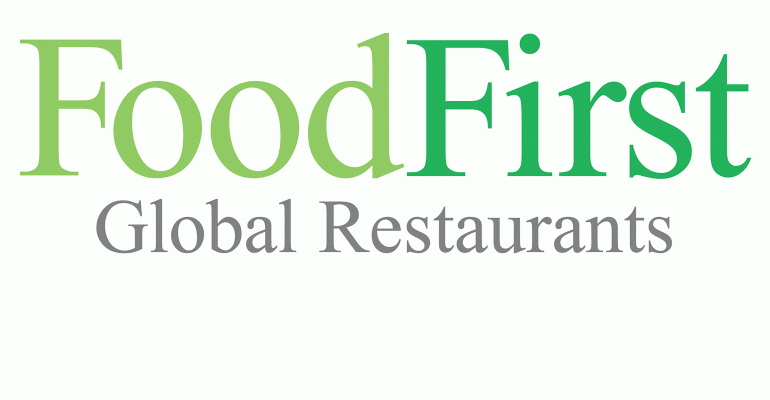FoodFirst Global Restaurants, the parent company of Brio Tuscan Grille and Bravo Cucina Italiana, filed for Chapter 11 bankruptcy protection and is looking for a buyer.
"We are contemplating a sale and awaiting the final term sheet," attorney R. Scott Shuker told Nation's Restaurant News on Saturday.
The Orlando-based casual dining company had been struggling for months prior to the coronavirus outbreak. Steve Layt came on board as CEO in late January to fix the brands.
According to the bankruptcy filing and Layt, the pandemic escalated the company's already precarious position. The company was in distress due to elevated food costs, labor pressure and the drag of unprofitable locations.
"In order to save jobs and the viable restaurants, it will be necessary to pursue a company sale and an accompanying management services agreement," the company said in the filing.
When jurisdictions across the U.S. began ordering dining room closures in late March, Layt said those orders "wiped out" 60% of the company's casual dining restaurants within days. FoodFirst closed 71 of its 92 locations. A majority of the 71 restaurants closed on March 20. Layt said he kept the best performing restaurants open during the health crisis.
Since then, "we have experienced nothing short of devastating sales declines," he said in a statement. "The COVID-19 outbreak truly could not have come at a worse time for our business."
Before Layt started, FoodFirst had previously closed 10 restaurants.
"Under the direction of Mr. Layt, FoodFirst was focused on finding additional efficiency improvements and appropriate cost reductions for labor costs, food waste reduction, and targeted marketing expenditures," according to the bankruptcy filing. "Additionally, the company looked to further reduce the number of restaurants while providing intense attention for underperformers."
Layt told NRN last month that he was putting the final touches on a turnaround plan when the COVID-19 crisis hit. He was renegotiating leases with landlords where rents were too high; re-evaluating menus at both brands; optimizing the supply chain; and simplifying kitchen operations.
“Everyone was feeling bullish about the future,” he said during the late March interview. “Then the rug got pulled.”
Layt said last month that the closed restaurants might not reopen if the COVID-19 crisis lasts much longer.
According to the bankruptcy filing, company leaders plan to review "underperforming locations for potential closure and/or sale where appropriate."
FoodFirst expects to reject a significant number of leases in the very near term, the filing states. Roughly 20 leases expire this year.
“The FoodFirst Board of Directors have thoroughly assessed our strategic options and financial situation over the last few weeks and unanimously agree that this filing represents the best possible solution for the company,” FoodFirst’s board chairman, Antonio Bonchristiano of GP Investments, said in a statement.
The chairman thanked Layt for his “outstanding leadership” during a crisis that has left “irreversible damage” to the company.
The company said they are “truly thankful to all our loyal guests and to our employees for their incredible hard work and loyalty during these challenging times.”
The bankruptcy filing comes two years after Bravo Brio Restaurant Group Inc. went private in a May 2018 deal valued at $100 million. The Columbus, Ohio-based company, which changed its name to FoodFirst, relocated its headquarters from Ohio to Florida. At the the time of the purchase, Brio and Bravo operated 110 locations in 32 states with annual sales of more than $400 million in fiscal year 2017.
FoodFirst tried to reboot the brand, which had been struggling in a post-Great Recession world as consumer preferences changed.
"The rise of quick-service and fast-casual options resulted in consistent customer declines at the restaurants between 2013 and 2018," the company stated.
The changes made by FoodFirst included enhancing the menu with Italian Mediterranean inspired foods, pursuing operational efficiencies and remodeling restaurants.
The strategies "were expected to significantly enhance profitability. Unfortunately, the changes did not yield the results expected," according to the filing.
In 2019, total sales reached $307 million, significantly below expectations, the company said.
Contact Nancy Luna at [email protected]
Follow her on Twitter: @fastfoodmaven





